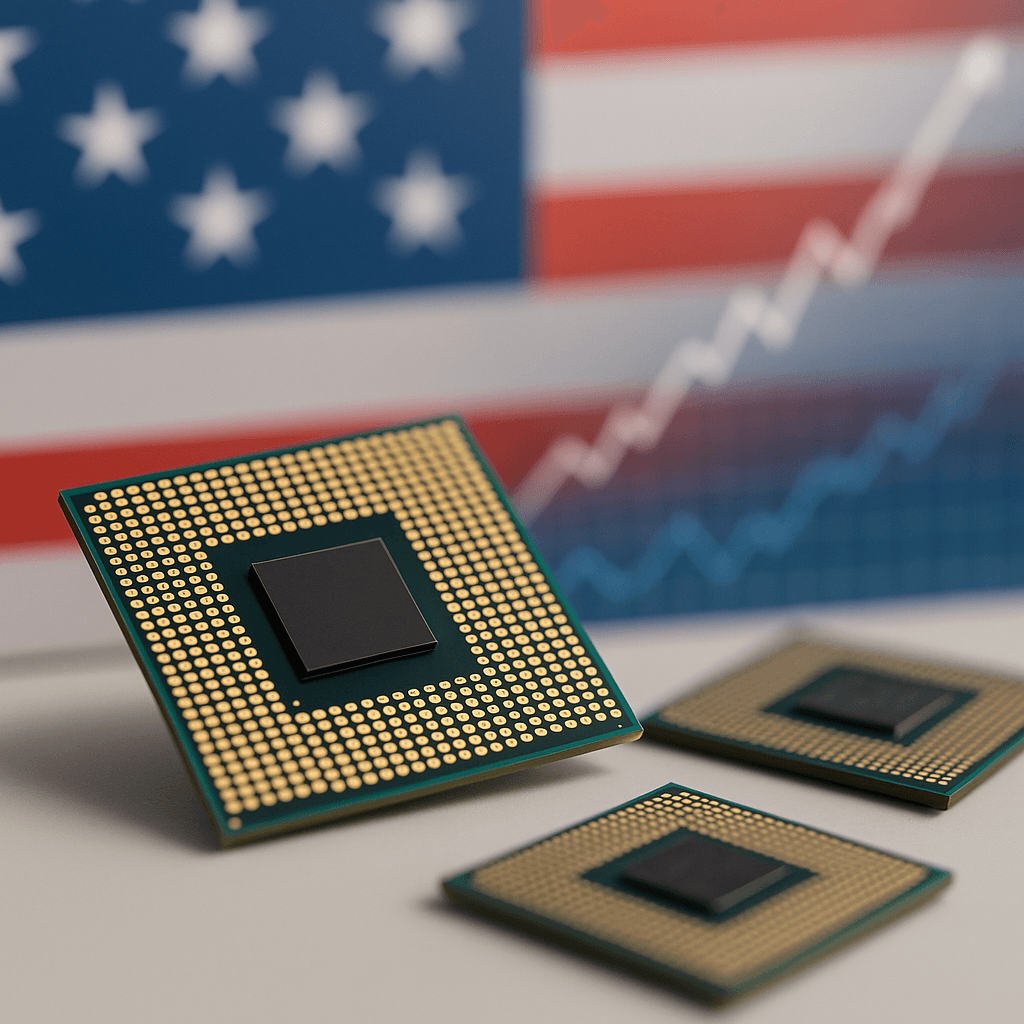The Trump administration is converting Intel's CHIPS Act grants into a government equity stake, with Commerce Secretary Howard Lutnick confirming the unprecedented move that transforms Biden-era subsidies into partial ownership of America's struggling chipmaker. Industry experts warn the deal could backfire as 'reverse privatization.'
The Trump administration just turned semiconductor subsidies into a government takeover. Commerce Secretary Howard Lutnick confirmed to CNBC that the government will take an equity stake in Intel in exchange for grants already committed under Biden's CHIPS Act - a move that transforms traditional subsidies into partial government ownership of America's flagship chipmaker.
"We should get an equity stake for our money, so we'll deliver the money which was already committed under the Biden administration," Lutnick declared. "We'll get equity in return for it." According to The New York Times, the administration has been discussing a 10 percent stake in the $101 billion company.
The announcement sent shockwaves through Silicon Valley, where government equity stakes in major tech companies remain virtually unprecedented. Intel has already received $2.2 billion of up to $7.86 billion promised under the 2022 CHIPS Act, with payments tied to fabrication milestones. Now Trump wants ownership in exchange.
"It's not the right policy to have the US government own things, to have privatization in reverse," warns Stephen Moore, a Heritage Foundation fellow and former Trump economic adviser, speaking to WIRED. "That's similar to Europe's industrial model, and we haven't done that often here in the US, because a lot of it ends up failing."
The timing is critical for Intel, which has burned through over $107.5 billion in capital expenditures and $78.8 billion in R&D over five years while losing ground to competitors like TSMC and . The company's stock has plummeted from its early 2000s peak, though 's recent $2 billion investment provided a brief boost.








